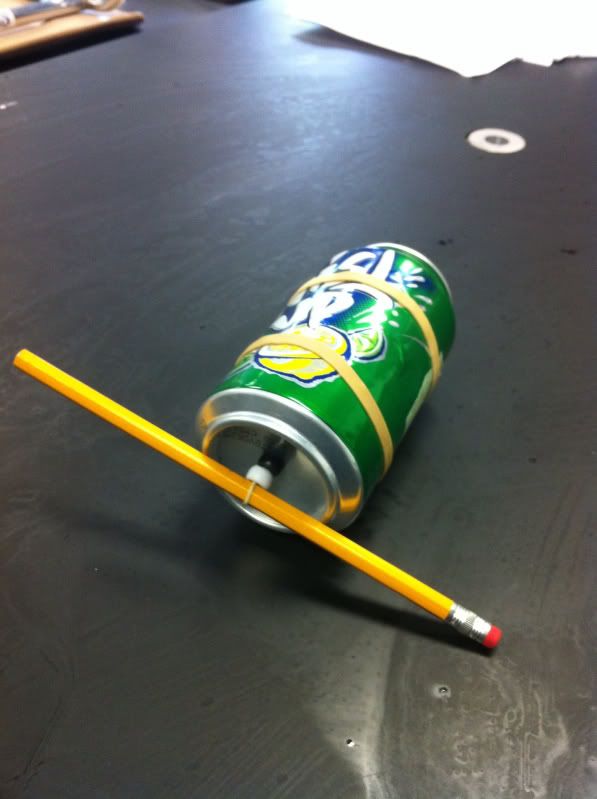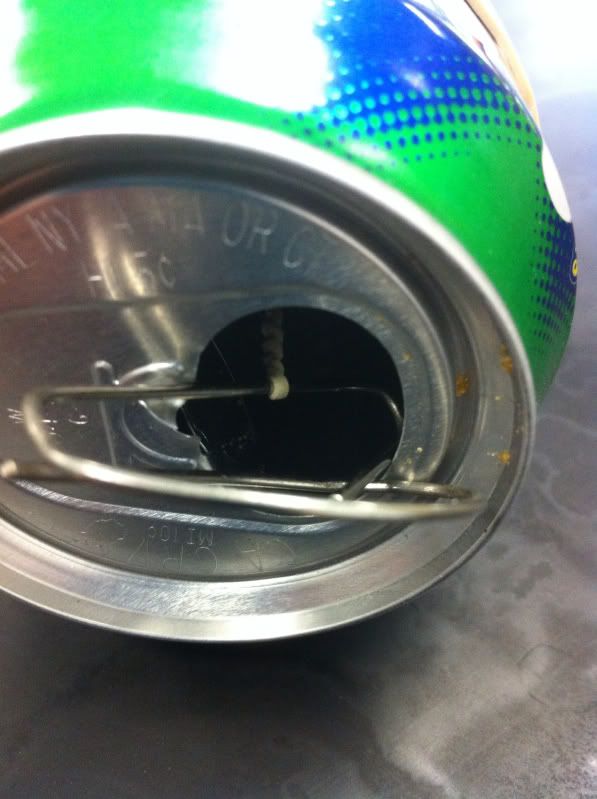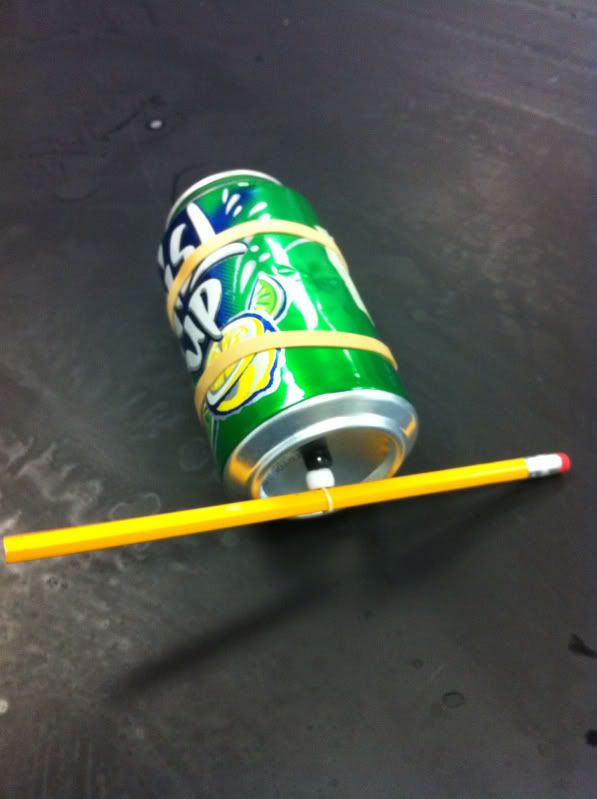Making Potential and Kinetic Energy Engaging!
One of my most popular resources to designed to teach about potential and kinetic energy, but making a car out of common household materials (an empty soda can, a pencil, rubber band, and paper clip).When students create these cars, there are some questions or places where they get stuck. With a little bit of preparation, this can be a simple and successful project for students ranging from upper elementary to even high school students. I have had students make this car in the class and then go home and make another one. Here is a close-up view that I took of the car in action!
Assembly Directions and Pictures
Here is a tip! Use a hammer and nail or drill to pre-punch the holes in the bottom of the can. That is really the only tricky part and will save a lot of trouble.Here are some close-up pictures of the cans assembled. I hope this helps you visualize how they go together.
 |
| The completed car! |
 |
| This shows how the paper clip anchors the rubber band. |
 |
| The beads simply give the pencil and rubber band more room to rotate. |
Further Inspiration and direction
In case you are looking for more inspiration, or an engagement video to get your students started, here are a couple other similar ones that will help you get started. This one is very similar and comes with complete assembly directions (this is not me in the video).A slightly different, but similar racer made with a spool! This would be a great one to show students as an extension, or pre-activity to engage them and get their attention!
Extensions
If you are looking to extend this further, this is the perfect lab to practice experimental design. Students can choose one variable to test (number of rubber band twists, number of rubber bands, the size of the pencil, or countless others) and determine how it affects the travel distance or travel speed.
Students can race their cars and have a competition. You can set up a starting and ending line. They will love this!!
If you want to try this activity in your class, with complete written directions and summary questions, check it out here.
If you want to try this activity in your class, with complete written directions and summary questions, check it out here.










